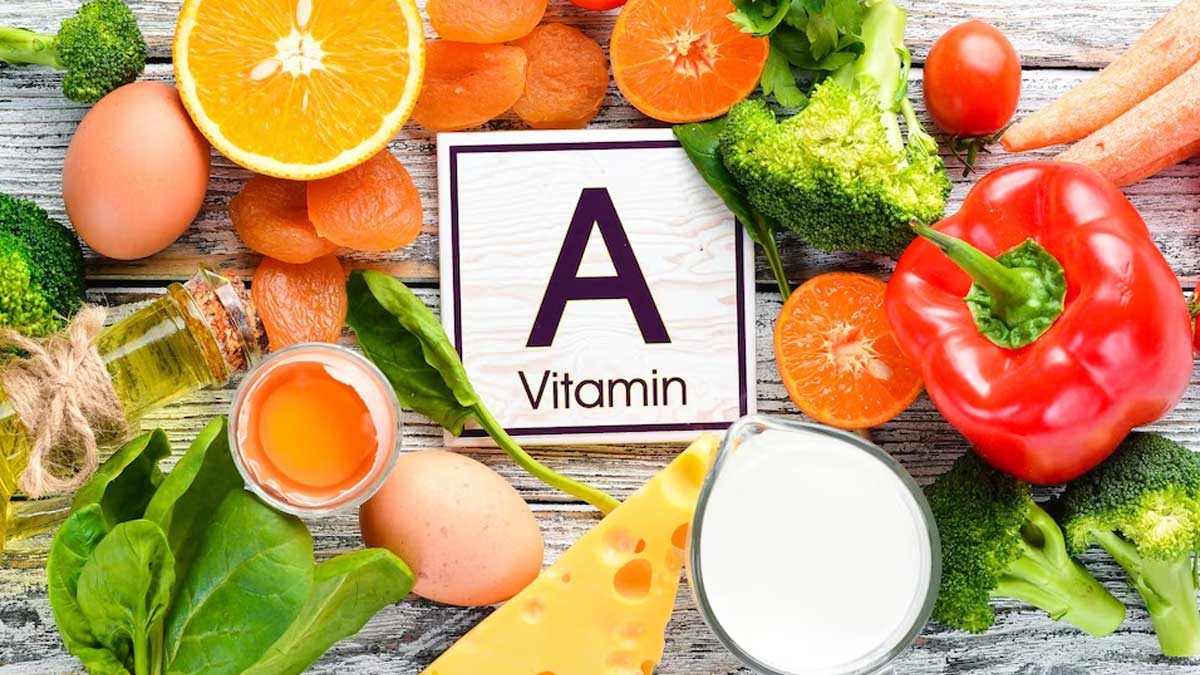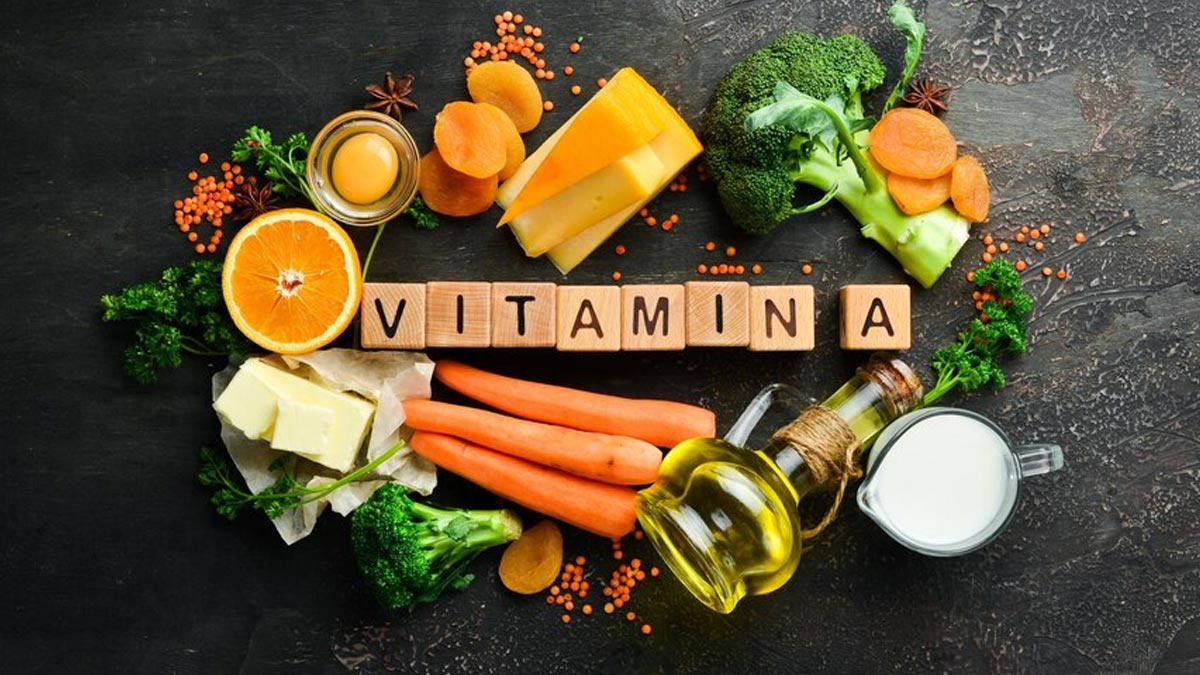
Although vitamins and minerals are crucial compounds for your overall health, too much of anything is not a good idea. In a study published in the journal Dermatology And Therapy, the researchers shared that consuming vitamin A exceeding the recommended daily limit of 10,000 IU can lead to vitamin A toxicity, which in turn causes hair loss. This amount of Vitamin A can be easily covered by a single carrot.
Table of Content:-
Excess Vitamin A Causes Hair Loss

While vitamin A is essential, overconsumption can have detrimental effects. Excessive vitamin A disrupts the normal hair growth cycle, leading to hair loss. Here's how it happens:
- Follicle Damage: When high levels of vitamin A accumulate in hair follicles, it results in brittle, fragile hair that's more prone to breakage.
- Inhibition of Hair Growth: Excess vitamin A can inhibit the growth of new hair by interfering with the hair follicle's ability to regenerate and produce new strands.
Also Read: ODying on Vitamin A can affect immune system function
Recommended Daily Intake

To prevent hair loss and maintain overall health, it's essential to be aware of the recommended daily intake of vitamin A. The Recommended Dietary Allowance (RDA) for vitamin A varies by age and gender, but a general guideline, as provided by the Harvard TH Chan School Of Public Health is:
- For adult males: 900 micrograms (mcg) per day
- For adult females: 700 mcg per day
This advisory shows that a cup of spinach, sweet potatoes, or a single carrot is enough to fulfil your Vitamin A requirements in a day. Some sources of Vitamin A include:
- Animal Sources: Liver, fish, and dairy products like milk and eggs.
- Plant sources: Carrots, sweet potatoes, kale, spinach, and red bell peppers, provide carotenoids that can be converted into vitamin A by the body.
Also Read: 6 Signs Of Vitamin A Deficiency And How To Deal With It
In conclusion, it is important for you to educate yourself about your nutrient requirements and check if your meal is fulfilling or overdoing it. It's advisable to avoid high-dose vitamin A supplements unless recommended by a healthcare professional, as they can significantly exceed daily requirements and potentially lead to hair loss and other health issues. To prevent these issues, it's crucial to follow the recommended daily intake guidelines and maintain a balanced diet that includes a variety of vitamin A sources. By finding the right balance, you can enjoy the benefits of vitamin A without the risk of hair loss.
Also watch this video
How we keep this article up to date:
We work with experts and keep a close eye on the latest in health and wellness. Whenever there is a new research or helpful information, we update our articles with accurate and useful advice.
Current Version